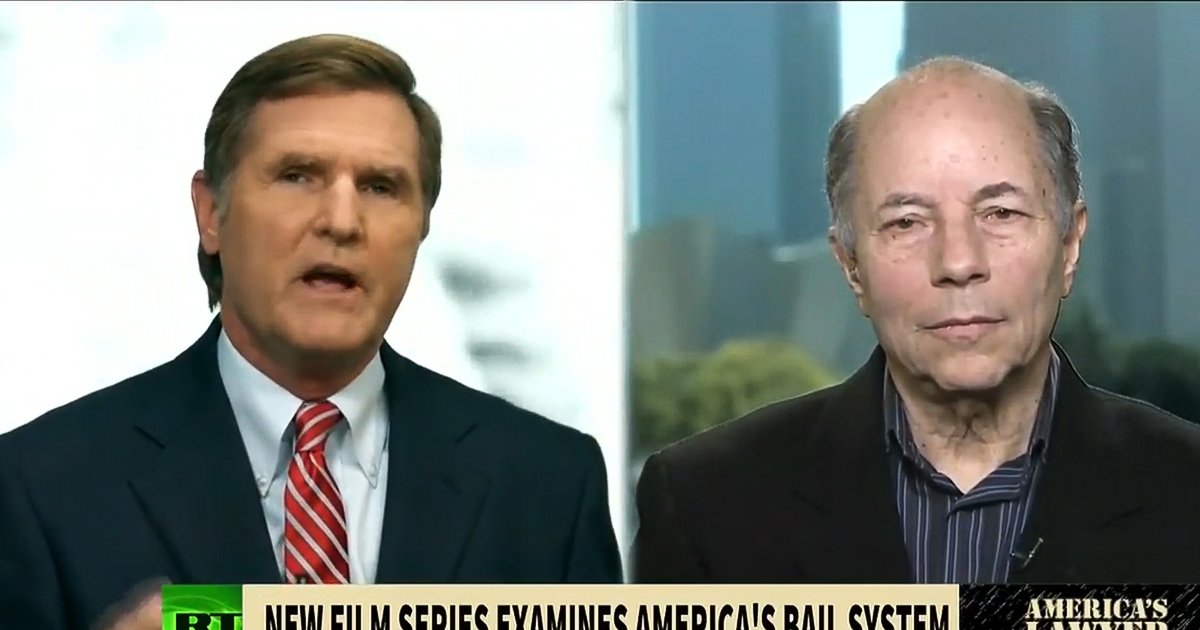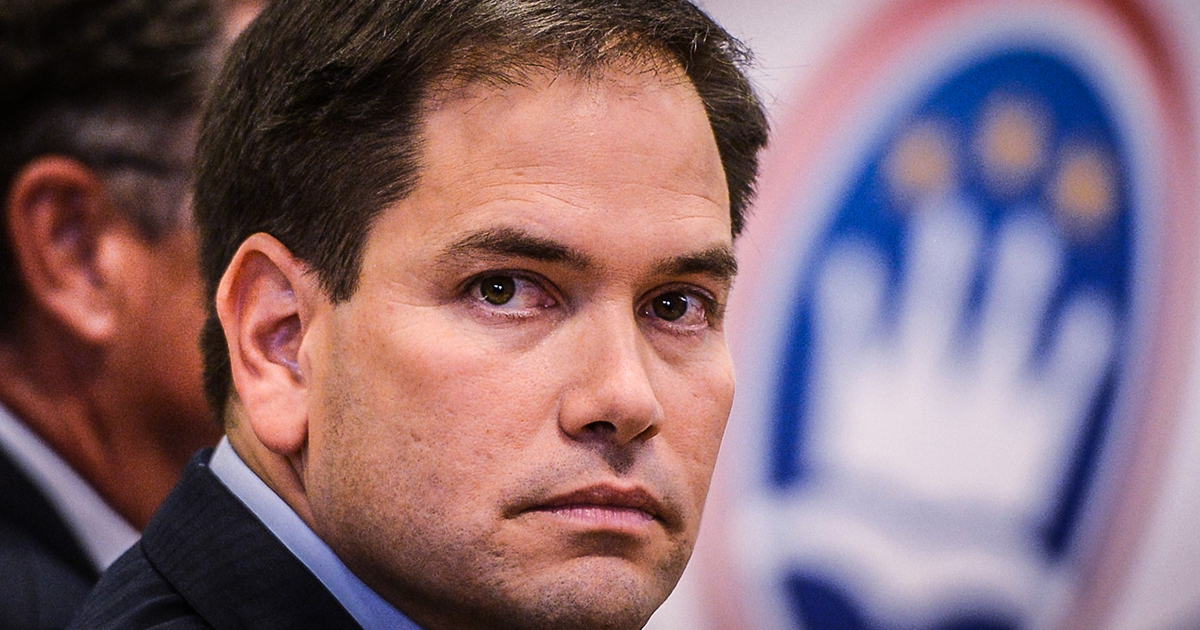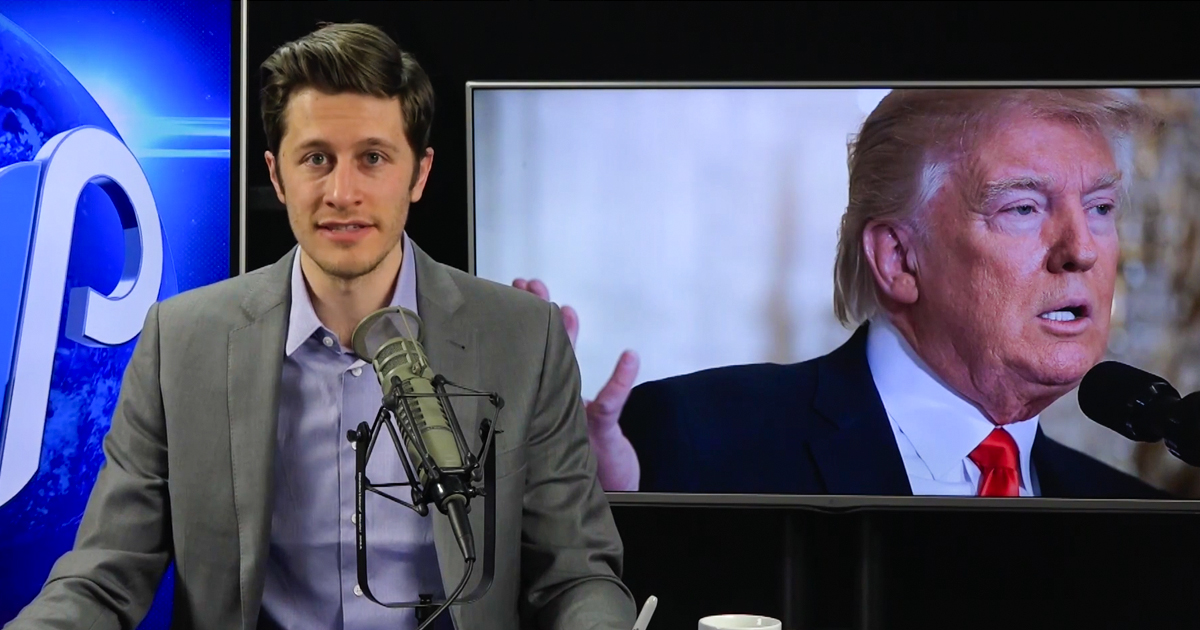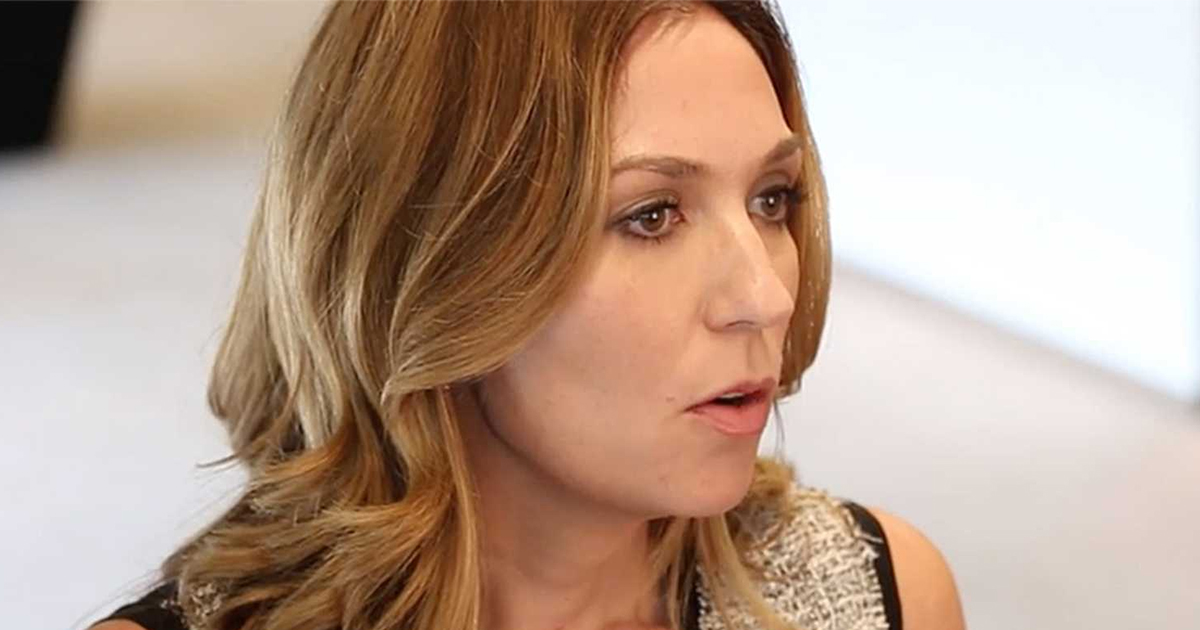According to the Prison Policy Initiative, nearly 70% of Americans in local jails are being held pretrial. That means that they haven’t been convicted of a crime and they’re presumed innocent. Unconvicted prisoners spend time locked up simply because they can’t afford bail and are being forced to remain behind bars until they go to trial or plead guilty. The broken bail system is the topic of a new film series called The Bail Trap, produced by Brave New Films. Mike Papantonio discusses this with Robert Greenwald, founder and creator of Brave New Films.
Transcript:
Papantonio:
According to the Prison Policy Initiative, nearly 70% of Americans in local jails are being held pretrial. That means that they haven’t been convicted of a crime and they’re presumed innocent. Unconvicted prisoners spend time locked up simply because they can’t afford bail and are being forced to remain behind bars until they go to trial or plead guilty. The broken bail system is the topic of a new film series called The Bail Trap, produced by Brave New Films. Joining me now to talk about that film is Robert Greenwald, founder and creator of Brave New Films. Robert, why do you choose to specifically focus on the bail system to highlight all the inequalities in the American prison system? I mean, there are so many I guess it’s kind of hard to get your arms around it, but why do you start with bail?
Greenwald:
Well, it’s so simply, and clearly, and fundamentally unfair. Locking up people because they are poor, that’s what bail is about. Other parts of the mass incarceration system, which as you so correctly state, are to be challenged and have difficulties, but bail is also the gateway drug for mass incarceration. The more people you lock up, again, let’s remind everyone, for one reason. The reason is they’re poor. The more people that you’re then feeding into the system and the harder it gets to get out of the system. Additionally, bail doesn’t just affect the individual who’s locked up because he or her doesn’t have money, but it has a devastating effect on their family, on their home life, on their job, so you’re taking people who may be struggling to begin with and you’re tipping them over by putting them in jail. Then they lose the minimum wage job.
Papantonio:
You know, you follow the money on this story, as you’re very good at. Brave New Films is the best at following the money on stories like this.
Greenwald:
Thank you.
Papantonio:
You’ve got a $14-billion-a-year business. That’s what this is. How did bail become such an enormous for-profit industry overnight? It really did happen almost overnight. What happened there?
Greenwald:
Well, it’s a couple of things. First of all, there are two countries in the world that have for-profit bail, the United States and the Philippines, so it doesn’t put us in a very large circle of countries who believe this is the right thing to do. Unfortunately, when you have a capitalist for-profit system where some believe that everything should be a source of money and profit, then there’s no stone left unturned, and so you have these insurance companies, surety insurance companies, who are behind the bail industry making obscene amounts of money by locking people up and you see the number of people who are on bail go up, the amount of bail goes up, and it comes down to the lobbying and power of this for-profit industry.
Papantonio:
The film series highlights the case of Tai Sherman. It’s a woman who has no criminal record, very interesting case, no criminal record, slapped with $100,000 bail for driving away while a police officer was arresting an acquaintance of hers. Talk about this case. You want to think that this is the exception, but I’m not so sure it is. What’s your take?
Greenwald:
Well, sadly it’s not the exception. As we’ve been working on this bail series, we get constantly … every day there are phone calls, and emails, and people with different stories, and some of the amazing groups who’ve been doing this work all across the country, by the way, year after year. Tai’s story is not alone. Here is a young woman, a woman of color, never committed a crime, never accused of anything, and a friend is stealing $38 worth of goods. It’s not right, and what happens? She drives away in the car. She’s scared, and her bail is $100,000. The money that was going to be used hopefully for her college now goes to pay for a bail bondsman, a for-profit company, and it is money she’ll never get back, even if the charges are dropped, even if the charges are reduced. Money is not returned to her. Rich person puts up the cash, no problem.
Papantonio:
Robert, I used to be a prosector, and of course, we’re all familiar with the Eighth Amendment. Specifically says that bail can’t be excessive, and we would always build that into the notion during arraignment, the first appearance of somebody who’s been charged with something. I’m not so sure that people are really taking into account that that Eighth Amendment has been very strong for so many years, and it seems like we’ve forgotten that the purpose is simply to make sure that when trial takes place that person’s going to show up again. It seems like that’s been turned on its head. That’s what the intent of the Eighth Amendment was. Look, is this person going to show up when they’re supposed to? If we can make sure that they’re going to do that, there’s no sense to have excessive bail. What is your take on that?
Greenwald:
Well, it’s absolutely clear because in this case with bail by the way, as opposed to many problems we deal with, it’s hard to have evidence. It’s hard to show the alternative. It’s hard to have proof that an alternative works. With bail, it’s very simple. We have states, we have counties, we have cities that are going over and over again in larger and large numbers saying, “No money bail,” and it’s working. How is it working, you ask? Well, it’s very simple. You know how [inaudible 00:05:33] have as much effect as money bail? Call, text, send an email, reminding people, just like you do for a doctor’s appointment or a dentist, and it works. I mean, this is the extraordinary thing. When I heard this I said, “We must take this on.” This is a simple way, but it’s without profit. It’s without greed. It’s without financing an industry, and people do show up in exactly the same and sometimes even higher numbers when there’s money bail involved.
Papantonio:
Well, at this point, is it gotten to the point really where you have such a lobby that shows up to these knee-jerk politicians. They say they’re all law and order. You talk a law and order issue to any of them, they react immediately without really a lot of thought. Isn’t it tough to get them to think about these alternatives where you’ve had reform on bail? Isn’t it difficult to get them focused to say, “It works. We don’t have to have excessive bail”? What’s been your experience with that?
Greenwald:
Well, yes. I mean look, change is always difficult. Change when there’s lots of money involved is even harder. Change when there’s a significant factor of racism is even tougher, and change around poor people where there often is not an advocate for their needs because there’s no money to be made is toughest of all. You put all those together. Yes it’s hard, but there’s also money’s being saved. It costs a lot of money to lock somebody up. It doesn’t cost a lot of money to send them a text and say, “Show up,” and so there are people of the more conservative political approach who are embracing this and saying, “Wait a minute. We’re going to save our county or state a lot of money by doing this.”
Papantonio:
Robert, I appreciate what you do. It’s amazing. Corporate media has become almost dysfunctional these days. The stories that you tell really matter with Brave New Films. I follow them all the time.
Greenwald:
Thank you.
Papantonio:
I always ask myself, “Why can’t ABC, or NBC, or CBS do those stories?” We know the answer. Their advertisers won’t let them. Thank you for joining me, okay?




